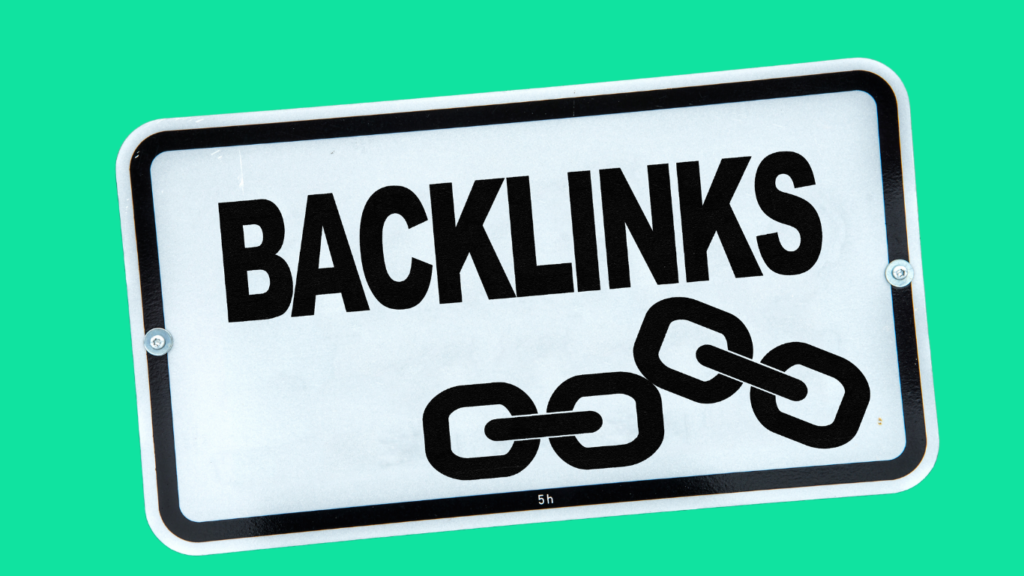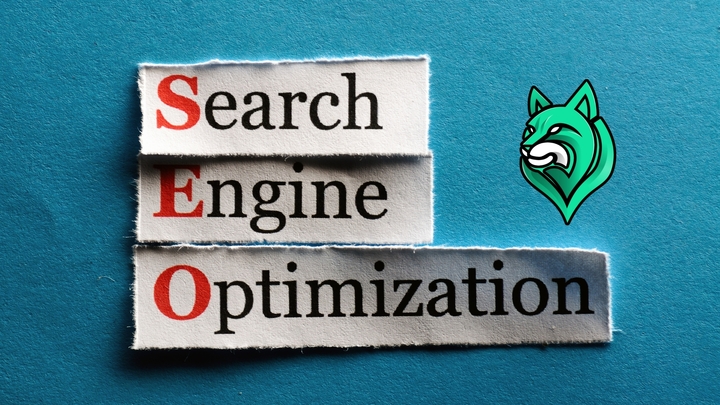Hey there! Ever heard of link building but not quite sure what it is or why it matters? You’re in the right place.
Link building is a big deal in the world of SEO. It’s all about getting other websites to link to your site.
Think of it as a popularity contest. The more credible sites that link to you, the more trustworthy your site appears to search engines like Google. And that can boost your rankings.
Stick around, and I’ll walk you through why it’s important and how to do it right. Ready to explore? Let’s go!
Understanding the Basics: What Are Backlinks and How Do They Work?
Backlinks, also known as inbound links, are links from one website to another. They play a crucial role in SEO because they signal to search engines that your content is valuable and credible. Let’s break it down:
- Authority: High-quality backlinks from reputable sites can significantly boost your website’s domain authority.
- Traffic: Backlinks can drive referral traffic to your site, attracting new visitors.
- Ranking: More backlinks from credible sources can improve your position in search engine results pages (SERPs).
In essence, backlinks are like votes of confidence from other web pages. The more you have, especially from high-authority domains, the better your site’s visibility and ranking potential.
The Value of Quality Over Quantity in Link Building
When it comes to link building, quality trumps quantity every time. You might be tempted to acquire as many backlinks as possible, but not all links are created equal.
Let’s understand why focusing on high-quality backlinks is more beneficial for your site’s SEO.
- Relevance Matters: Links from sites related to your industry are more valuable. If you run a fashion blog, a link from a popular clothing retailer holds more weight than one from an unrelated tech blog.
- Contextual Links: Backlinks placed within the main content of a page, rather than in footers or sidebars, are more impactful.
- Natural Growth: A steady, organic growth of backlinks looks more authentic to search engines compared to an influx of links in a short period.
Strategies for Ethical and Effective Link Building
Link building can seem daunting, but it doesn’t have to be. Here are some tried-and-true techniques to get you started:
1. Create High-Quality Content
Quality content is the cornerstone of any successful link-building strategy. When your content is informative, engaging, and valuable, other websites are more likely to link back to it.
- Trending Keywords: Incorporate trending keywords in your articles.
- Visuals: Use visuals like infographics and videos to make your content more shareable.
- Data and Research: Publish original research and detailed case studies.
2. Guest Blogging
Guest blogging on reputable sites is an excellent way to build backlinks. Look for websites in your industry that accept guest posts.
- Find Opportunities: Use keywords like “submit a guest post” or “write for us” combined with your niche.
- Pitch Ideas: Pitch well-thought-out ideas that provide value to the host site’s audience.
- Include Links: Naturally include links back to your site within the guest post.
3. Build Relationships
Networking with industry influencers and bloggers can open doors for link-building opportunities.
- Reach Out: Personalize your outreach emails to create genuine connections.
- Engage: Comment on their blog posts and share their content on social media.
- Collaborate: Partner on projects like webinars or joint articles.
4. Use Social Media
Social media platforms can amplify your link-building efforts. Promote your content on sites like Twitter, LinkedIn, and Facebook.
- Share Regularly: Post your new content and encourage sharing.
- Join Groups: Engage in industry-specific groups and forums.
- Interact: Respond to comments and engage with your followers.
5. Monitor and Analyze
Use tools to track your backlinks and analyze the effectiveness of your link-building strategies.
- Analytics Tools: Utilize tools like Google Analytics and Ahrefs to monitor your backlinks.
- Adjust Strategies: Refine your tactics based on performance data.
By following these ethical and effective link-building strategies, you can enhance your SEO ranking and drive more organic traffic to your site. Remember, the goal is to build meaningful, lasting connections that benefit both your website and those to which you link.
Common Mistakes to Avoid in Link Building
While link building is essential for SEO, it’s easy to make mistakes that can impact your site’s credibility. Here are some common pitfalls and how to avoid them:
1. Overlooking Relevance
- Mistake: Acquiring links from unrelated websites.
- Solution: Ensure that your backlinks come from sites relevant to your niche. For example, if you operate a gardening blog, aim for links from home improvement or lifestyle websites.
2. Ignoring Quality
- Mistake: Focusing on quantity over quality.
- Solution: Prioritize high-quality backlinks from authoritative sites. Use tools like Moz or Ahrefs to assess the domain authority of potential link sources.
3. Using Black-Hat Techniques
- Mistake: Employing tactics like buying links or using link farms.
- Solution: Stick to ethical, white-hat SEO practices. Create valuable content and build genuine relationships to earn organic backlinks.
4. Failing to Diversify Anchor Text
- Mistake: Using the same anchor text for all backlinks.
- Solution: Vary your anchor texts naturally. Mix exact match keywords with branded and generic terms to create a diverse backlink profile.
5. Not Monitoring Your Links
- Mistake: Neglecting to track the performance of your backlinks.
- Solution: Use monitoring tools to keep an eye on your backlinks. Regularly check for broken links and disavow any harmful ones.
Measuring the Success of Your Link Building Efforts
To determine the impact of your link-building strategies, it’s crucial to measure various metrics. Consistent monitoring helps you understand what’s working and where you can improve.
Key Metrics to Track
Domain Authority (DA)
- Description: A score that predicts how well your website will rank on search engine results pages (SERPs).
- Tool: Use Moz to keep tabs on your DA.
Referral Traffic
- Description: The total traffic driven to your site via backlinks.
- Tool: Google Analytics is perfect for tracking referral traffic.
Backlink Profile
- Description: The overall health of your backlinks, including the number and quality of the links.
- Tool: Use Ahrefs or SEMrush to analyze your backlink profile.
Keyword Rankings
- Description: Track the improvement in your site’s ranking for targeted keywords.
- Tool: Tools like Ahrefs can help monitor this.
Ready to take your link-building efforts to the next level?
Link building is a powerful tool for enhancing your small business’s online presence. By understanding the basics, prioritizing quality over quantity, and implementing ethical strategies, you can build a robust backlink profile that drives traffic and boosts your search engine ranking.
Remember, link building is not a one-time effort but an ongoing process that requires patience and persistence. Stay committed to creating valuable content, building relationships, and adhering to ethical practices for sustainable success.
Ready to improve your link-building strategy? Book a free consultation with our SEO experts today!




